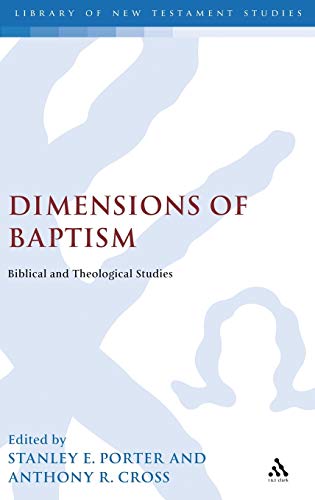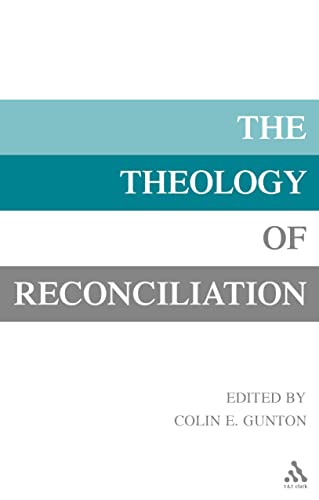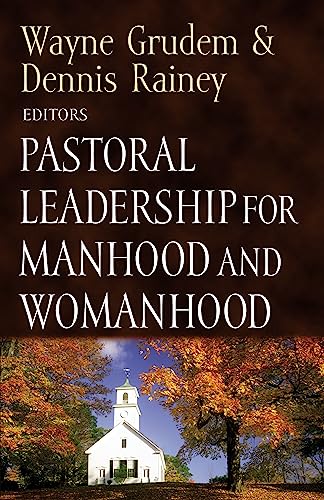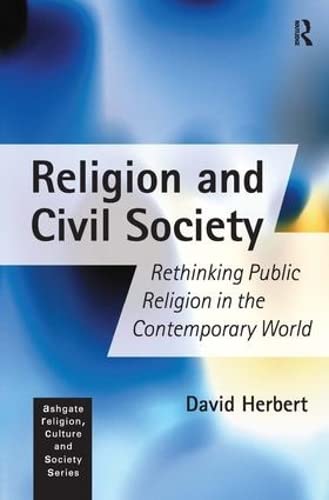COVENANT AND ESCHATOLOGY: THE DIVINE DRAMA
Written by Michael S. Horton Reviewed By David GibsonCover endorsements from luminaries such as Gunton, Kelsey, Vanhoozer and Wolterstorff give some indication of the nature of material that this book engages with and point to why it could be an extremely significant work: it is a high-powered attempt to engage the academy by bringing the resources of orthodox. Reformed theology into dialogue with contemporary theology, and Horton shows that the former can significantly enrich the latter.
Covenant and Eschatology is an attempt to integrate biblical theology and systematic theology in a modern theological prolegomenon. Horton’s concern is to produce a theology ‘in which theological method is determined by the content of the system instead of being regarded as predogmatic reflection’. His primary quarry is Protestant scholasticism, arguing that for the scholastics the goal of a prolegomenon was simply ‘to make explicit the presuppositions derived from the intrasystematic unity of theology’. Horton’s suggestion of what this approach looks like in modern garb is extremely attractive. First, he outlines a redemptive-historical/eschatological method for theology; second, an analogical mode for theology; third, a dramatic model; and fourth, a covenant context. This opening gambit alone is worth reading simply for its freshness and coherent grasp of what is entailed in the theological project.
From here, we are led into some of the most demanding theological terrain of the modern era. Horton is an extremely able guide and he has clearly reflected long and hard on what we are introduced to. The book’s two main parts—Part One: God Acts in History and Part Two: God Speaks—are attempts to account for divine action and divine speech respectively. Central to both parts is extensive use of theologically construed speech act theory, mainly to defend notions of double agency and the nature of divine speech.
His discussion of divine speech is particularly insightful. Accepting the force of some criticisms of propositional revelation, Horton circumvents many of the objections by using a covenantal model for Scripture to show a unity between word and deed, act-revelation and word-revelation, event and interpretation, letter and spirit. This strongly challenges the dominant conceptions of revelation in modern theology. At the same time, Horton admits that his proposal lacks an explicit account of inspiration even though his argument strains towards it. In following Wolterstorff in the way he does (although with criticisms), this lack of an explanation of inspiration could potentially render his account susceptible to some of the same instabilities as Wolterstorff’s i.e. how, exactly, is human speech able to count as divine speech? The covenantal context does not completely account for this and Horton’s argument could be strengthened with a clear account of inspiration.
It would also be interesting to see Horton’s view of biblical theology engage in dialogue with the influential biblical theology of Moore College, Sydney, as the cash value of each might be quite different, especially as regards what we do in church. In this respect, Horton’s closing chapter makes a strong case for seeing church worship as essentially a covenant renewal service and draws on the book’s earlier theory to develop a strongly Reformed church praxis. Vital reading for church leaders, ideally in conjunction with his A Better Way (Baker, 2002) which spells this out in detail and is more accessible.
If this book is taken seriously in the modern academy it will offer some profound challenges and, as the first volume in a projected series, this bodies extremely well for the health of Reformed dogmatics. This book is highly recommended to evangelical postgraduates in systematic theology. It gives an excellent standard to aim at in research and learning: it is expertly contemporary, biblically faithful, historically aware and ecclesiologically focused!
David Gibson
David Gibson is the Minister of Trinity Church, Aberdeen, Scotland. He is author of Reading the Decree (T&T Clark, 2009) and co-editor of From Heaven
He Came and Sought Her (Crossway, 2013).







